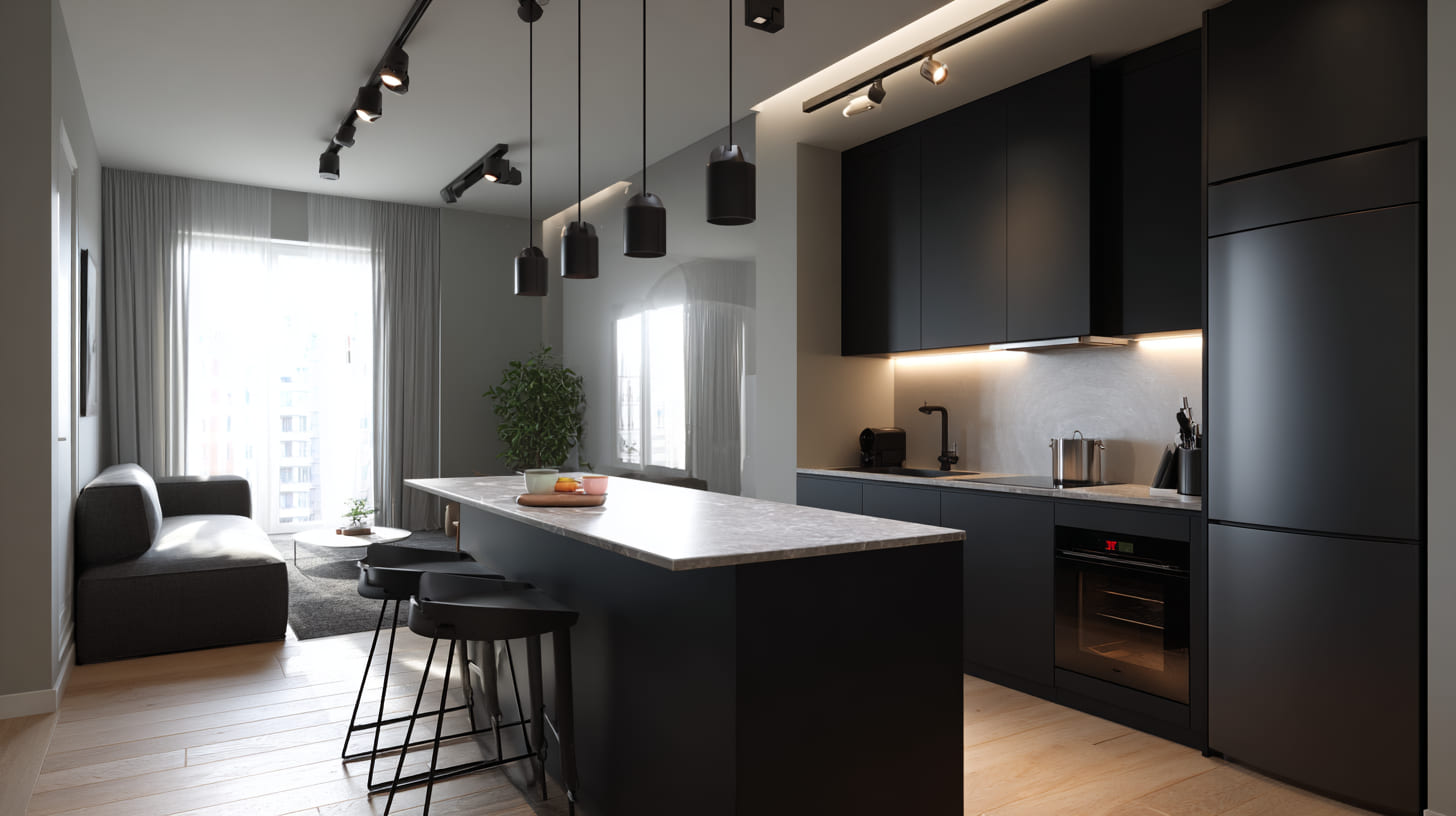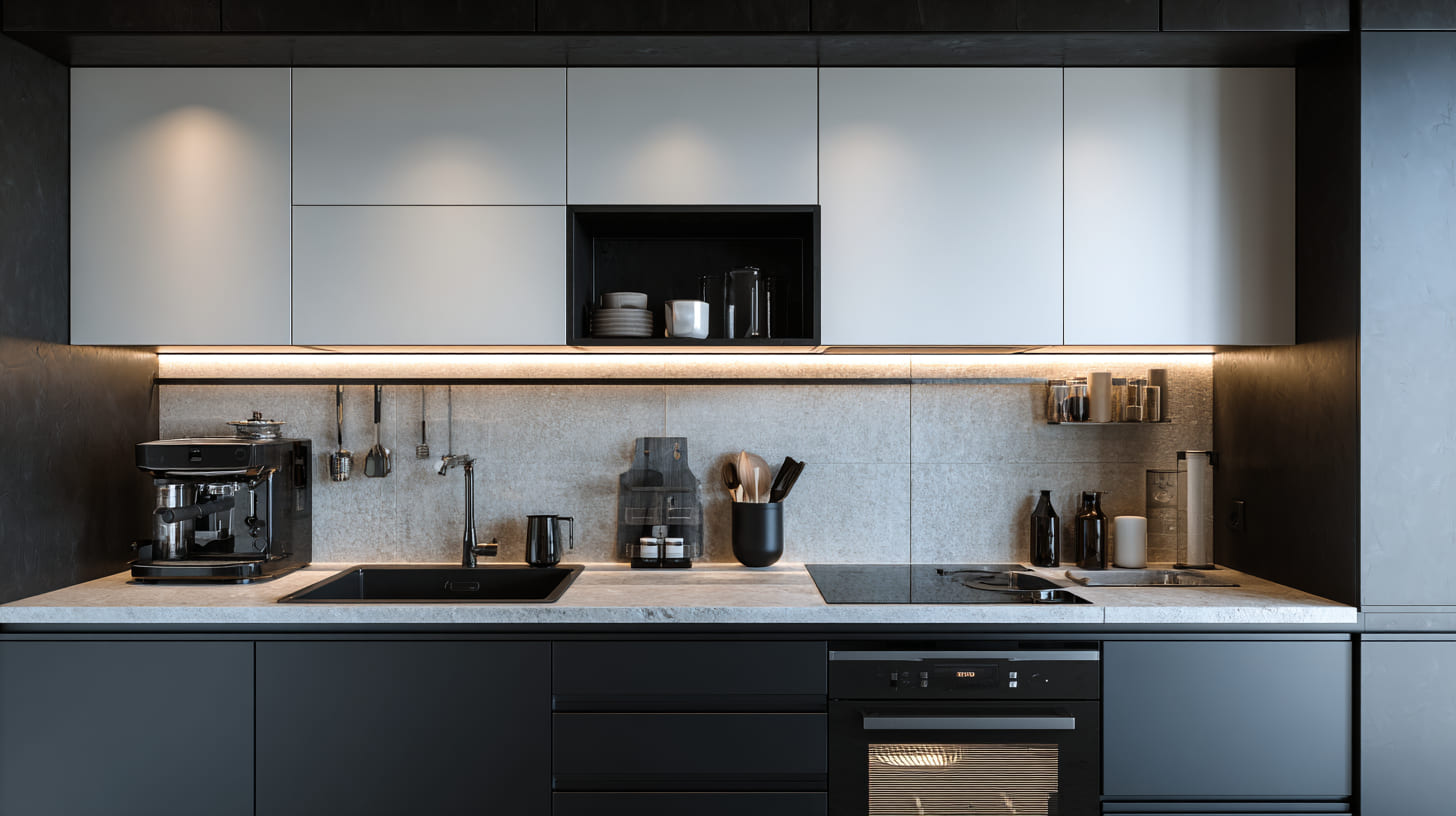If you're thinking about renovating a building in the Balearic Islands, whether inside, out, or both, there's something you shouldn't overlook: the Technical Building Inspection in the Balearic Islands. This mandatory inspection can affect your project more than you might imagine, and it's important to understand it thoroughly before moving a single brick.
You've probably heard about the ITE (Electrical Inspection of Buildings), but do you really know what it entails? When is it required? What happens if the report comes back negative? In this article, we clarify all that and more, especially if your property is a few years old or you're looking to access renovation grants.
What is the Technical Building Inspection?
The ITE, or Technical Building Inspection, is not just a formality. It's an assessment that seeks to verify that the property meets minimum safety, health, and habitability standards. In the Balearic Islands, this inspection is part of the so-called Building Evaluation Report (IEE), which includes aspects related to accessibility and energy efficiency.
Who is required to undergo it? Residential buildings over 50 years old. And this isn't a one-time thing: the report must be renewed every ten years. In places like Palma, the criteria can be even more stringent, depending on the condition of the building or the type of construction.
How the Balearic Islands regulate the ITE
Each autonomous community adapts the general regulations to its specific circumstances, and the Balearic Islands have introduced some nuances. The current law requires property owners to hire a competent technician to prepare the IEE (Spanish EEI) and submit it to the corresponding city council. Failure to do so, or doing so outside the deadline, can have consequences.
The report focuses on three main aspects:
- Condition of the building: structures, roofs, facades, common facilities, foundations... everything must be checked.
- Accessibility: This examines whether people with reduced mobility can access and move around independently.
- Energy efficiency: includes an energy certificate and possible recommendations for reducing consumption.
Does the ITE affect your renovation?
Yes. And more than many imagine. In many cases, having a favorable IEE (Spanish Property Tax Identification Number) is a requirement for obtaining building permits, especially if the renovations involve comprehensive renovations or interventions that affect the structure or common areas.
So, if you're planning a major renovation or seeking public funding for renovations, you'll need to ensure that the Technical Building Inspection in the Balearic Islands is up to date. Otherwise, the City Council could put the brakes on the project.
What if the report's outcome is not favorable?
Then action is needed. If the IEE detects structural problems, accessibility deficiencies, or damage from aluminosity, for example, they will need to be corrected before starting any further renovations. This may disrupt the initial planning, but in the medium term, it will prevent major complications.
Furthermore, the administration may require that deficiencies be corrected within specific timeframes, so it's best to have a technician guide you from the start.
An essential step to access aid
The ITE (Electrical Inspection of Buildings) is not only a legal requirement, it also provides access to certain public subsidies. To qualify for grants related to energy efficiency, elevator installation, accessibility improvements, or structural renovation, the building must have a valid and favorable IEE (Electrical Inspection of Buildings).
In this sense, the Technical Building Inspection in the Balearic Islands becomes a strategic tool: it allows you to plan better, take advantage of available funds, and execute more comprehensive and sustainable projects.
Who should do the IEE
Only qualified technicians, such as architects or certified technical architects, can sign this report. Their work includes a detailed visit to the building, a visual inspection of all key elements, and the preparation of a diagnosis with their respective proposals (if necessary).
Once completed, the IEE is submitted electronically to the corresponding municipal registry. It includes photographs, plans, energy certificates, and other technical documentation.
What if he doesn't show up?
Ignoring this obligation doesn't come without a price. In municipalities like Palma, failure to submit the report can result in fines of up to 600 euros per home. And if a subsidiary enforcement procedure is initiated, the administration can take over the work directly... and then charge it to the owner.
Therefore, if you're planning a renovation, it's a good idea to get ahead of this step and get it done as soon as possible.
What if the building is less than 50 years old?
In principle, newer buildings are not required to pass the ITE (Inspection of Building Inspection). However, that doesn't mean renovations can be carried out without further ado. If the work affects the structure or common elements, you'll likely need similar technical reports, and some municipalities require a prior inspection depending on the type of work being carried out.
In short: even if you don't have to take the IEE yet, that doesn't exempt you from complying with the rest of the legal requirements.
How to prepare before renovating
If you're considering a renovation in Mallorca or any other island in the archipelago, it's a good idea to have a clear roadmap. Here are some practical recommendations:
- Check the age of the property: If it is over 50 years old, an ITE (Electrical Inspection) is mandatory.
- Check if the building already has a report: And if so, make sure it's current and doesn't contain any serious deficiencies.
- Find a trusted technician: Not only to complete the process, but also to guide you through the entire planning process.
- Include the ITE (Electrical Inspection) in your project from the beginning: Don't leave it to the last minute. Having it clear from the start will save you unexpected paperwork and adjustments.
ITE as part of a smart strategy
The Technical Building Inspection in the Balearic Islands shouldn't be seen as a burden, but rather as an opportunity. A tool that helps you detect problems early, make more informed decisions, and protect your investment over the long term.
It's also a way to provide greater transparency regarding the building's status. Whether you're a homeowner, part of a community, or considering purchasing a property, having an updated IEE provides security and clarity.
Looking for advice on your renovation?
At Tecnic Project, we have been assisting homeowners and communities with comprehensive renovations in Mallorca for years. We are well-versed in the steps involved, from the Technical Building Inspection in the Balearic Islands to the complete execution of the project. Our technical team can help you comply with regulations without complications and make the most of every project.
If you need personalized guidance for your project, we'd love to hear from you. Every building has its own story, and every renovation deserves to be carried out with care, discretion, and a good dose of common sense.




